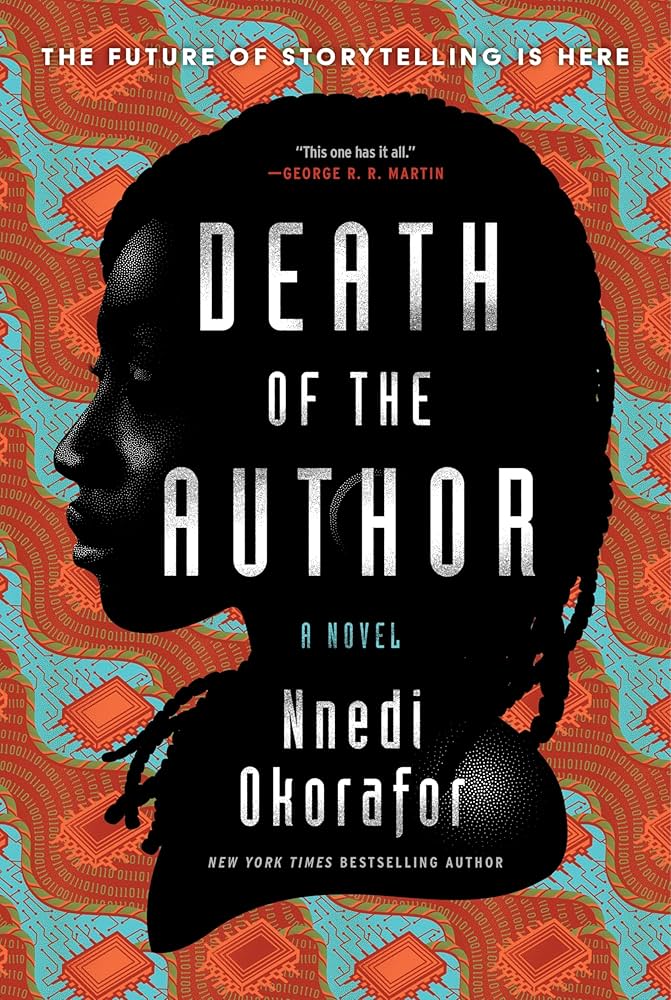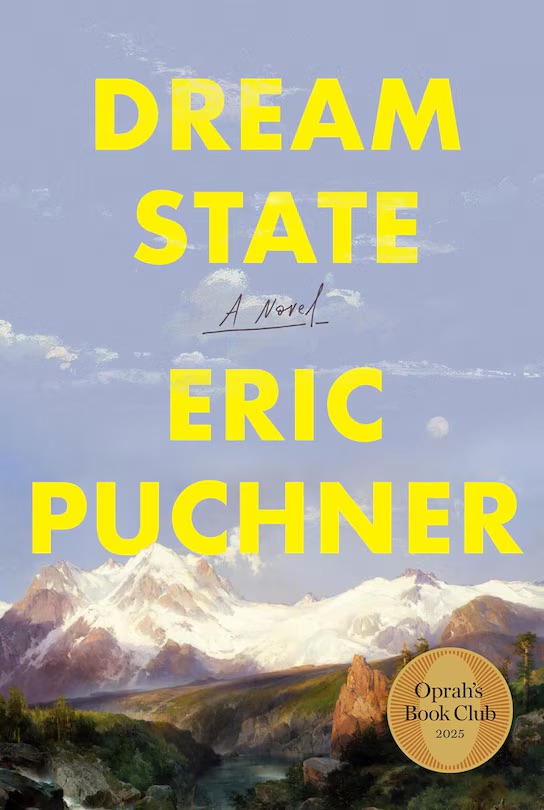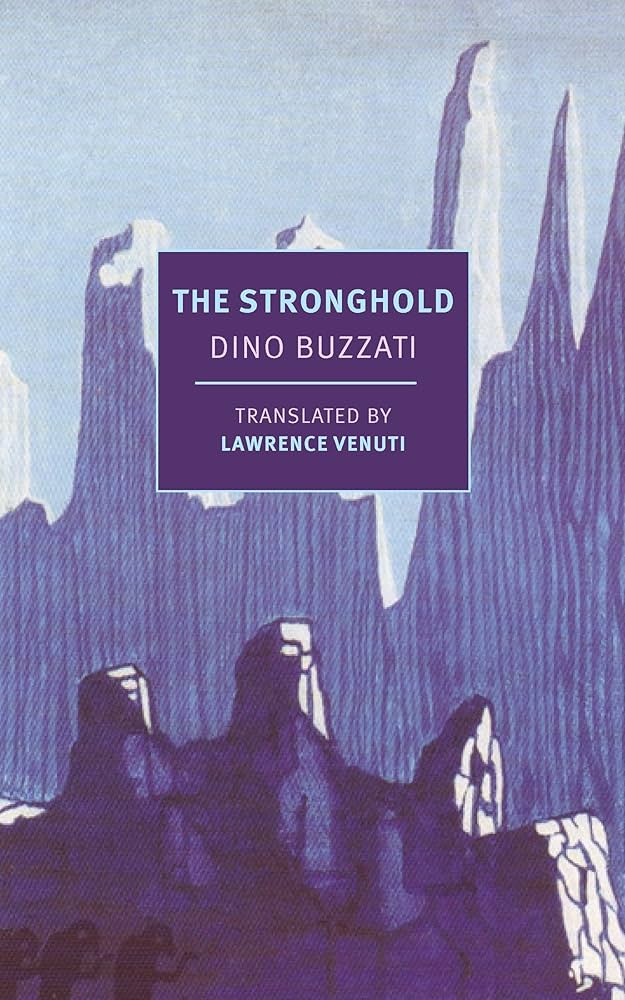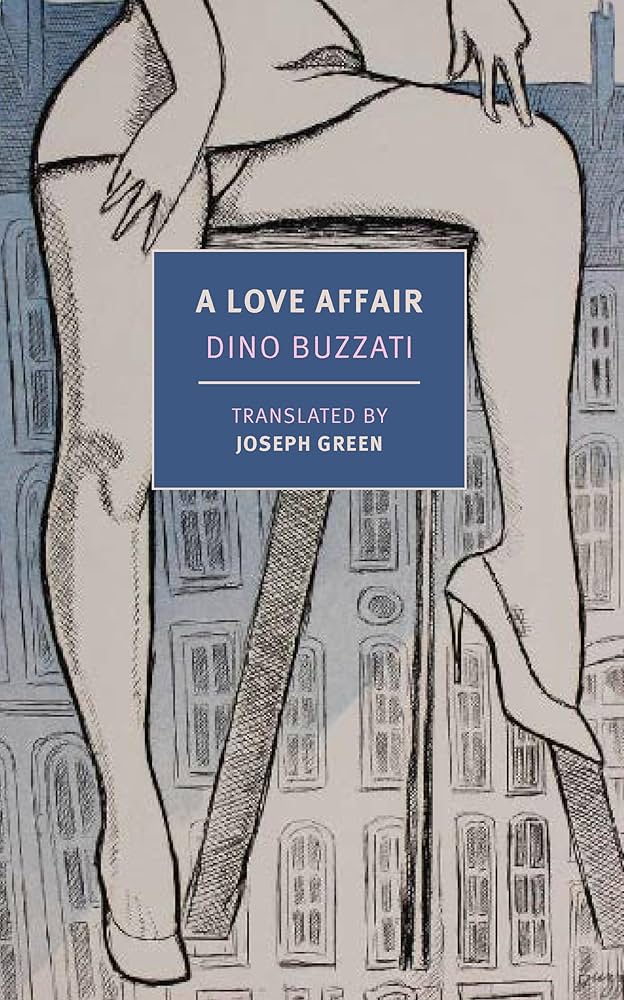I picked this up because of the rave reviews on Book Marks – a combination of NYRB plus this description was irresistible to me. Beyond that I didn’t know what I was getting into, but holy shit this book. NYRB rarely misses, and this is a grand slam. It’s Vincenzo Latronico‘s fourth published novel, and first to be translated into English. In less than 150 pages, this short book absolutely floored me.
It’s the story of Anna and Tom, two freelancers living in Berlin, over about a decade of their lives. They change as the world around them changes, and they struggle to adapt. It’s difficult to describe the style of this book. From the Booker Prize interview:
It is a short novel without real characters, without dialogue, with no explicit plot and almost completely made of descriptions. This makes it sound abstruse and boring. When I sent the first draft to my agent, I apologised profusely. I still read that email from time to time and have a laugh.
It’s a scathing critique of modern life, of lifestyle fetishism, of social media and gentrification on a global scale.
The opening chapter is a dreamlike, detached description of a series of idyllic photos. It’s a gentle, leisurely, detailed introduction to his writing style, which seems to be distinguished by almost lulling the reader into a sense of comfort before dropping a stunner of a paragraph that makes you re-evaluate everything that came before it. At the end of the description of these photos of a place that sounds like a lovely, warm, perfect home, he pulls out this doozy:
And it is a happy life, or so it seems from the pictures in the post advertising the apartment for short-term rental at one hundred and eighteen euros a day, plus the fee to cover the Ukrainian cleaner, paid through a French gig economy company that files its taxes in Ireland; plus the commission for the online hosting platform, with offices in California but tax-registered in the Netherlands; plus another cut for the online payments system, which has its headquarters in Seattle but runs its European subsidiary out of Luxembourg; plus the city tax imposed by Berlin.
You can read the whole chapter here.
Latronico describes Tom and Anna’s home and work, their social life and their sex life. It starts off like every young person’s dream at a certain age: they made the big move away from home, leaving their friends in a state of wonder and jealousy. They find a thriving community of ex-pats, living cheaply in East Berlin, with lots of disposable income for nightlife and the finer things.
As time passes, things stagnate, slightly sour, and then go fully sideways, in pretty much every aspect of their lives. They feel empty, no matter how hard they work or how much they volunteer. They might be shallow people (it’s not very clear), but Anna and Tom, and their circumstances, are extremely, uncomfortably, relatable.
They are designers by trade – working for clients in different countries and time zones from their home office. They’re also about my age. This could be me or any number of my friends and coworkers over the years, including the gut punch at the end:
They would listen to LCD Soundsystem and Animal Collective on repeat on their headphones, tweaking a grid, checking paragraph styles, perfecting all the variations of a color scheme, and before they knew it the morning would have disappeared—or a whole week, or an entire winter. It was the opposite of boredom, when time seems to stand still —which had to mean it was fun.
Perfection is a book best read slowly, savouring each carefully constructed sentence, as with Annie Ernaux’s books. And since it’s so short you can still do that in one sitting.
The translation by Sophie Hughes (who also translated the stunning Clean) is pitch perfect. In the Booker interview she talks about how this project took a long time, and that labour of love resulted in unforgettable turns of phrase. I don’t know how this reads in Italian, but it stopped me cold in English. Describing the end of a weekend of debauchery:
They would take two aspirins before climbing into bed and by Monday morning everything would be fine, or almost everything, or almost fine.
I absolutely loved Perfection. I finished it last week and I’m already giddy with anticipation about reading it again. It’s flawless.
**
Last thing: two more gems from the Booker Prize interview. First, Latronico recommends a book I love dearly:
Little Eyes by Samanta Schweblin. It’s an uncanny gem, gripping and disturbing at the same time, and so enlightening about the world around us. It was a huge inspiration for me.
And later, translator Sophie Hughes drops a zinger:
Biggest challenge… I’ve never been to Berlin. But Douglas Adams never went to space.
Further reading
Booker Prize interview, and the first chapter









